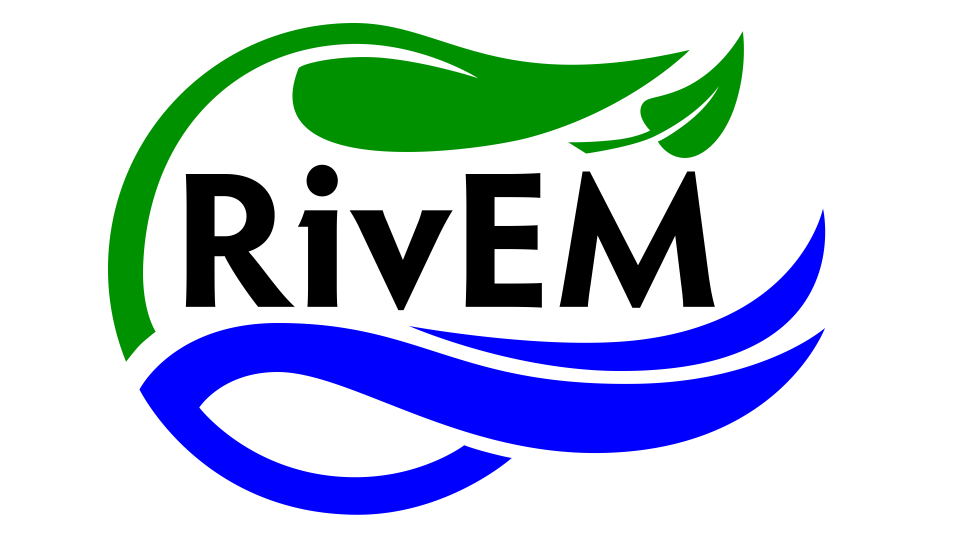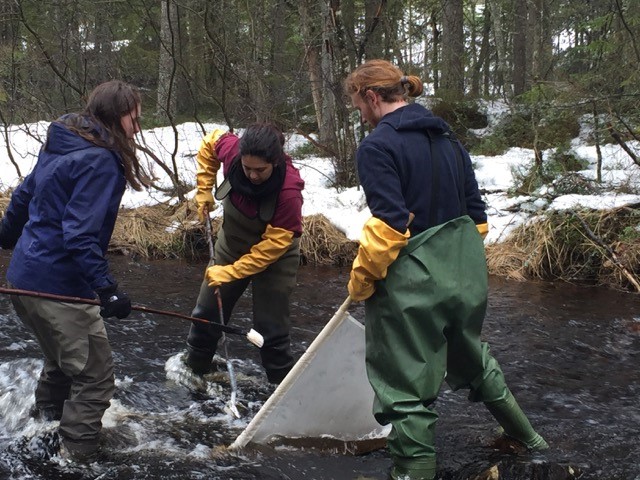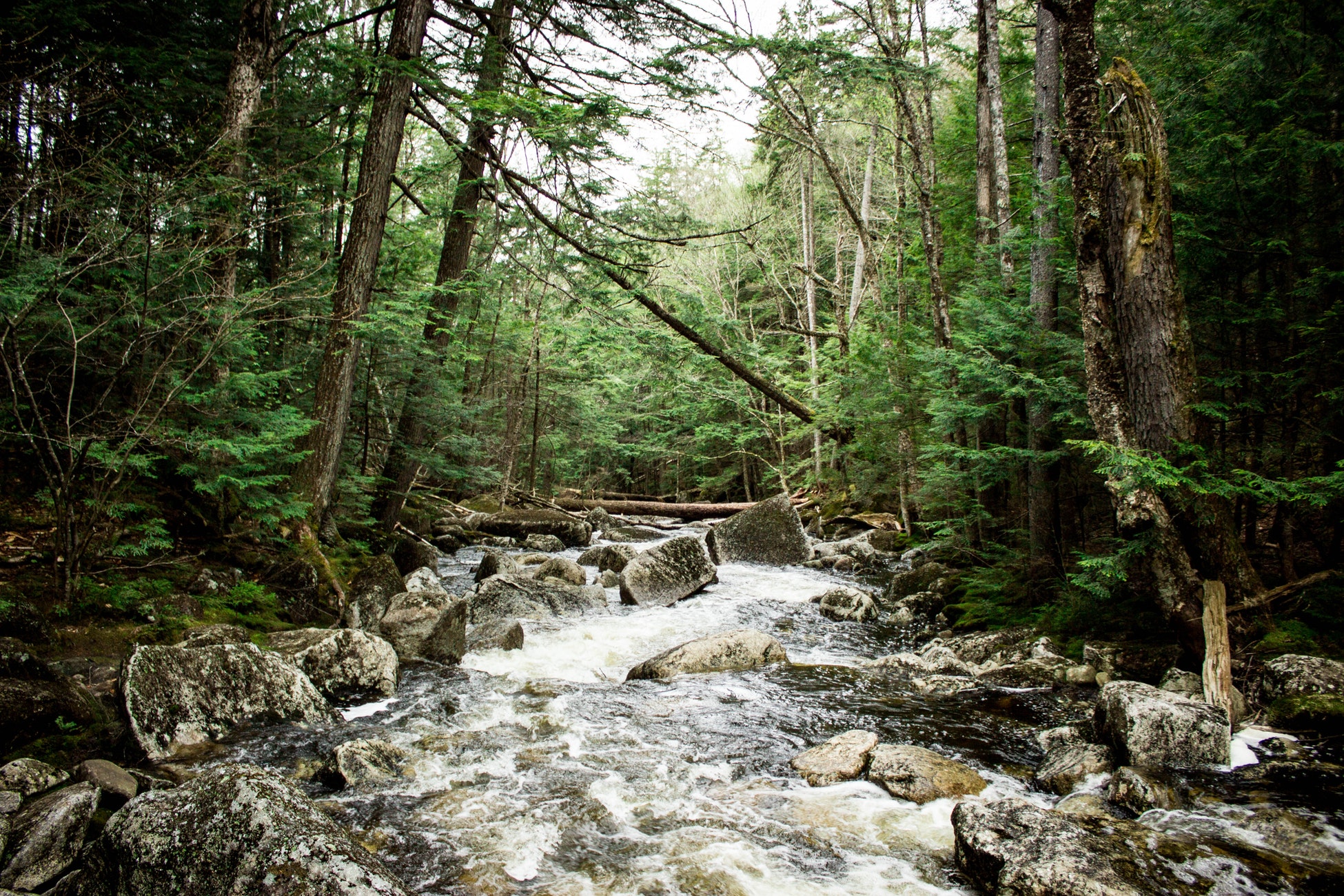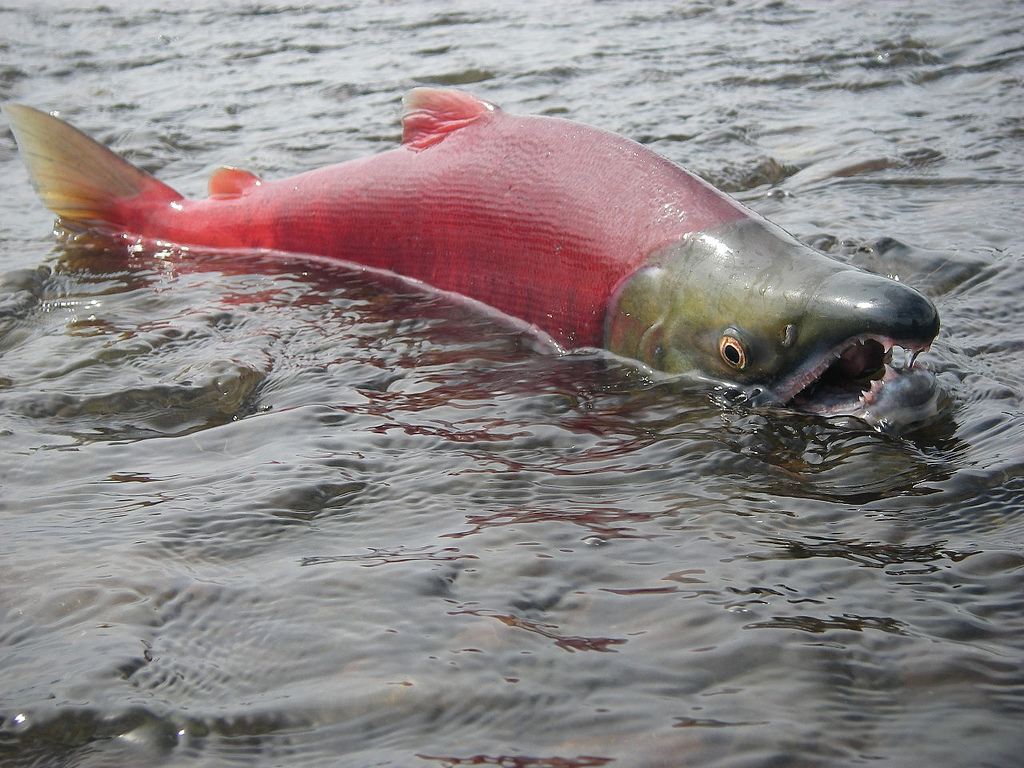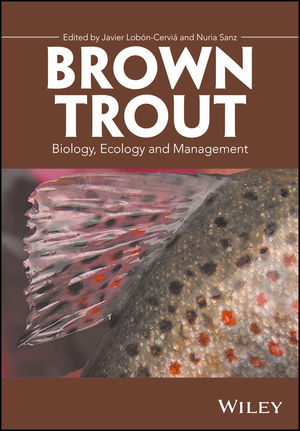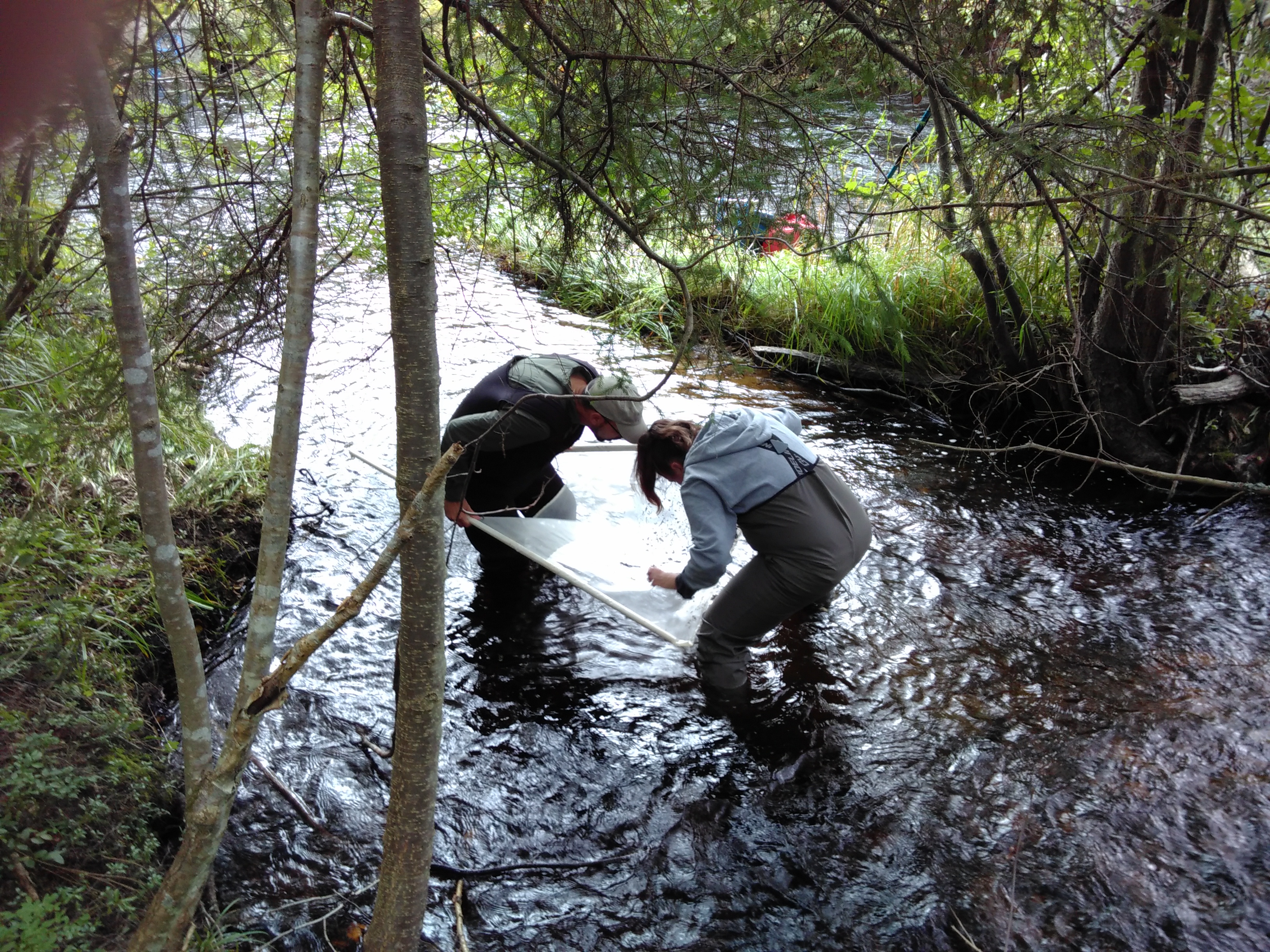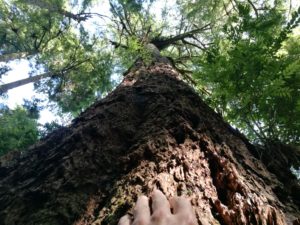Paper: Foregrounding ecojustice in conservation
Posted by Karl Filipsson | PapersHaydn Washington, Guillaume Chapron, Helen Kopnina, Patrick Curry, Joe Gray and John Piccolo recently published the paper “Foregrounding ecojustice in conservation” in the journal Biological Conservation.
In the abstract of the paper, the authors write:
“Justice for nature remains a confused term. In recent decades justice has predominantly been limited to humanity, with a strong focus on social justice, and its spin-off – environmental justice for people. We first examine the formal rationale for ecocentrism and ecological ethics, as this underpins attitudes towards justice for nature, and show how justice for nature has been affected by concerns about dualisms and by strong anthropocentric bias. We next consider the traditional meaning of social justice, alongside the recent move by some scholars to push justice for nature into social justice, effectively weakening any move to place ecojustice centre-stage. This, we argue, is both unethical and doomed to failure as a strategy to protect life on Earth. The dominant meaning of ‘environmental justice’ – in essence, justice for humans in regard to environmental issues – is also explored. We next discuss what ecological justice (ecojustice) is, and how academia has ignored it for many decades. The charge of ecojustice being ‘antihuman’ is refuted. We argue that distributive justice can also apply to nature, including an ethic of bio-proportionality, and also consider how to reconcile social justice and ecojustice, arguing that ecojustice must now be foregrounded to ensure effective conservation. After suggesting a ‘Framework for implementing ecojustice’ for conservation practitioners, we conclude by urging academia to foreground ecojustice.”
You can access the full paper here.
